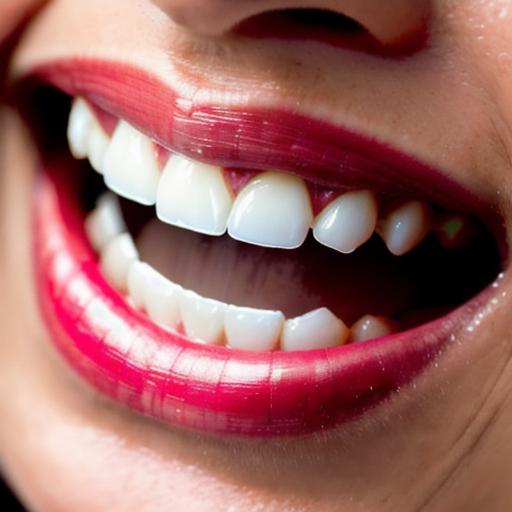Introduction
Gum recession is a common dental problem that affects millions of people worldwide. It occurs when the gums pull away from the teeth, exposing more of the tooth’s surface and leading to increased sensitivity to hot and cold drinks, as well as an increased risk of tooth decay. While there are many factors that can cause gum recession, such as genetics and age, did you know that your brushing habits could also play a significant role in this dental issue? In this article, we will explore the link between gum recession and brushing habits, and provide tips on how to maintain healthy gums.
Understanding Gum Recession
Gum recession is a gradual process that occurs when the gums become detached from the teeth. This can happen for a variety of reasons, including:
- Genetics: Some people are more prone to gum recession than others due to their genetic makeup.
- Age: As we age, our gums naturally recede and become less attached to the teeth.
- Gum disease: Inflammatory periodontal disease (periodontitis) is a severe form of gum disease that can cause gum recession if left untreated.
- Brushing habits: The way we brush our teeth and the frequency of brushing can affect the health of our gums.
Brushing Habits and Gum Recession
While we all know that brushing our teeth twice a day is essential for maintaining good oral hygiene, did you know that your brushing habits could be contributing to gum recession? Here are some factors that can contribute to gum recession:
- Brush too hard: Using a brush with too much pressure can damage the gums and cause them to pull away from the teeth. A soft-bristled toothbrush is recommended for most people.

- Brush twice a day, every day: While brushing twice a day is necessary, brushing too frequently or too aggressively can cause gum recession. It’s important to find a balance and brush gently in the morning and evening.
- Failure to floss: Flossing removes food particles and plaque that can get trapped between your teeth and gums, which can lead to gum disease and recession if left untreated.
- Using harsh toothpaste: Some toothpastes contain abrasives that can damage the enamel on your teeth and contribute to gum recession. It’s important to use a mild-toothpaste that won’t strip away your enamel or damage your gums.
Tips for Healthy Gums
Maintaining healthy gums is essential for good oral health and overall well-being. Here are some tips on how to keep your gums in tip-top shape:
- Brush gently: Use a soft-bristled toothbrush and brush gently, focusing on the outer surfaces of your teeth.
- Floss daily: Flossing removes food particles and plaque that can get trapped between your teeth and gums, which can lead to gum disease and recession if left untreated.
- Use a mild-toothpaste: Opt for a mild-toothpaste that won’t strip away your enamel or damage your gums.
- Regular dental checkups: Visit your dentist regularly for cleanings and checkups to catch any potential problems early and prevent them from becoming more severe.
Summary
While gum recession can be caused by a variety of factors, including genetics and age, it’s important to be aware of the role that our brushing habits play in maintaining healthy gums. By brushing gently, flossing daily, using a mild-toothpaste, and visiting your dentist regularly, you can reduce your risk of gum recession and maintain good oral health.



